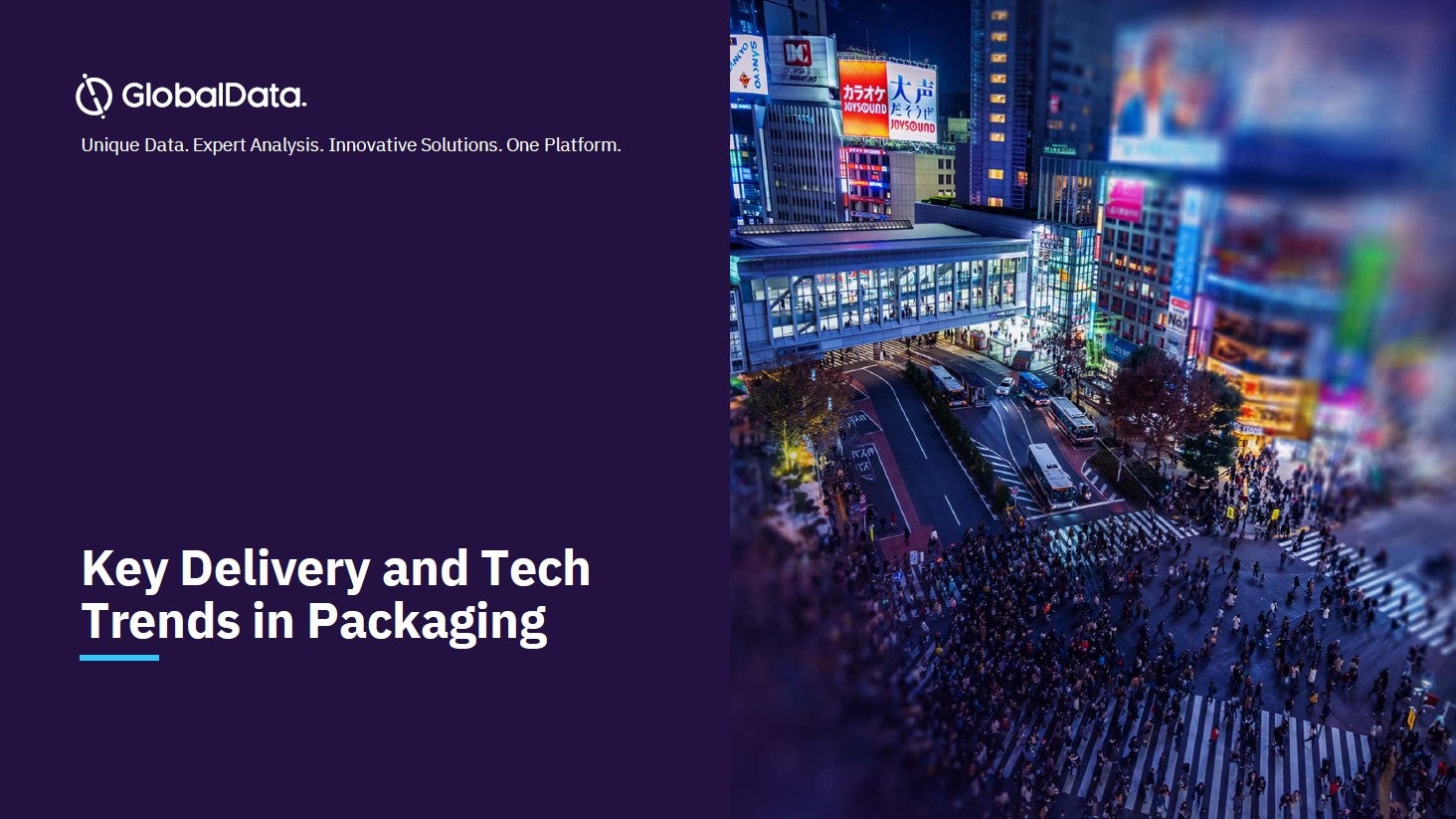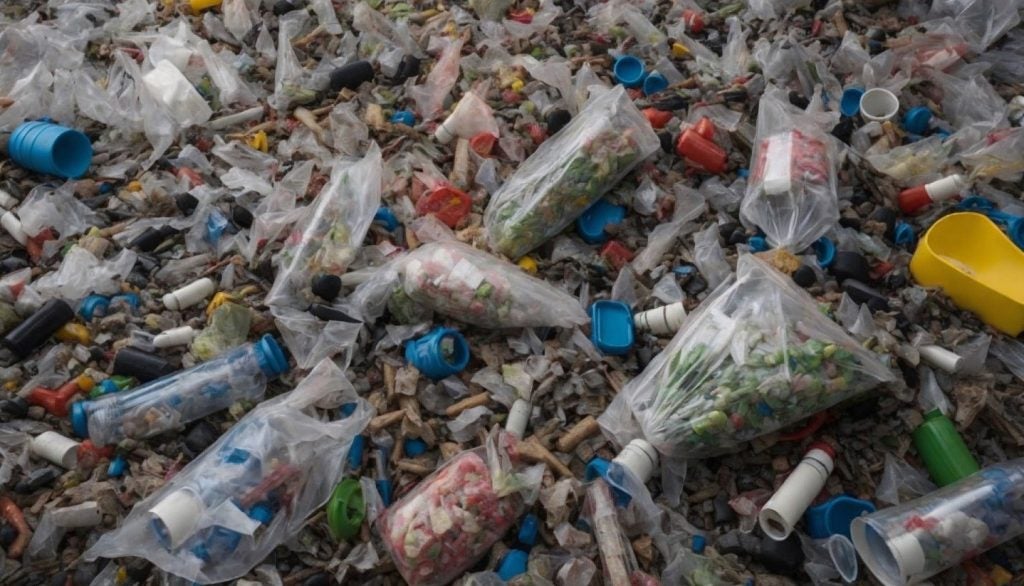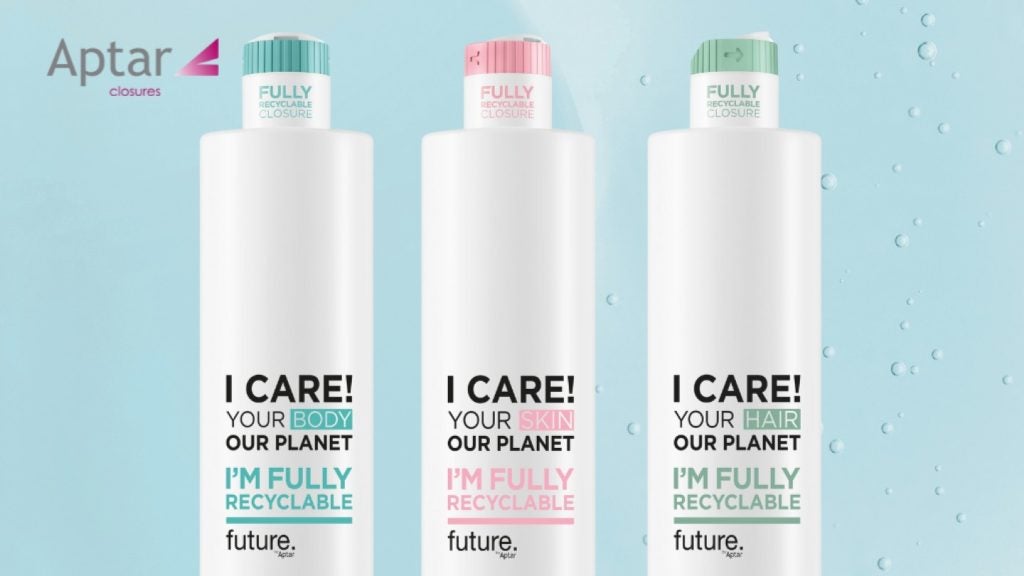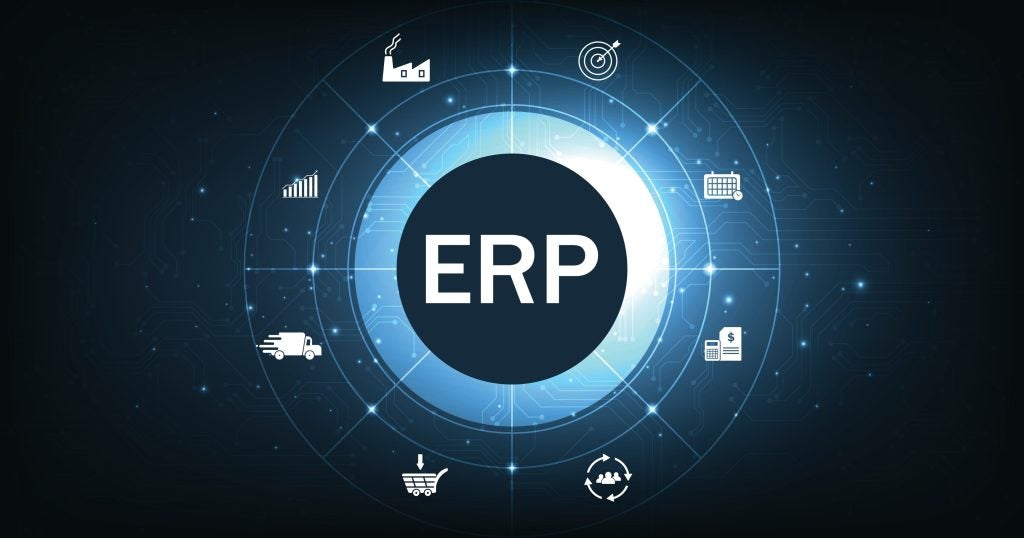
The Procter & Gamble Company (P&G) has announced it will double the recycled plastic content in its packaging for household cleaning brands in Europe by early next year.
The company’s cleaning brands Fairy, Flash and Viakal will replace virgin plastic in the supply chain by increasing the use of recycled plastic to 9,000t of post-consumer and post-industrial resin.
This equates to the amount of waste produced by 6.5 million people in Europe every day.
The company’s plan will result in a total of 300 million bottles to be converted to either 100% recycled or partially recycled plastic across the European household cleaning brands annually.
All surface cleaning wipes will now be made of 100% recycled fibre.
How well do you really know your competitors?
Access the most comprehensive Company Profiles on the market, powered by GlobalData. Save hours of research. Gain competitive edge.

Thank you!
Your download email will arrive shortly
Not ready to buy yet? Download a free sample
We are confident about the unique quality of our Company Profiles. However, we want you to make the most beneficial decision for your business, so we offer a free sample that you can download by submitting the below form
By GlobalDataThis move will help P&G to achieve its Ambition 2030 commitment of cutting down virgin plastic in all its packaging by 50% by 2030.
P&G home care products in Europe vice-president Elvan Onal said: “We are proud of this significant milestone across our cleaning products, as we know with our immense scale we can create a positive impact.
“Our work in minimising our footprint goes beyond just the bottle. Through our Life Cycle Assessment (LCA), we look holistically at our impact from product design to transit to consumer use, all the way through to end of life to ensure we are responsible stewards of our resources from beginning to end.”
LCA findings identified that the opportunity for the biggest footprint reduction for home care cleaning products emerges during the consumer in-use phase, when high amounts of water may be used at home and usually at high temperatures.
P&G said that its household cleaning product formulas have been optimised to work at low temperatures.
Elvan continued: “Based on our LCA, there is tremendous opportunity for us to build in sustainability through our product performance, saving consumers on energy and water.
“We want to delight our consumers instead of making consumers choose between an environmentally friendly product and one, which has the performance they need and love.
“We welcome this challenge because we know, if we make smarter products that work more efficiently, consumers can minimise compensating behaviours and, in turn, lower their footprint.”







